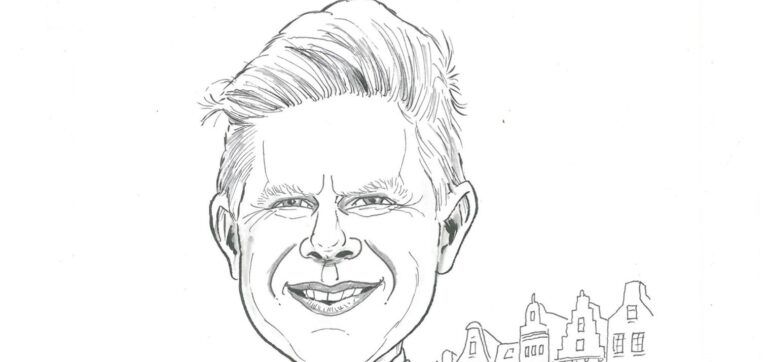Being in Jakarta always disorientates me. Very gentle people, humid weather and awfully congested. And travelling towards the city centre, I always pass by slums that remind me of how fortunate I am. I once volunteered for a charity which focused on poverty, so I have a little awareness of the conditions faced by those living in slums like those in Jakarta.
Despite the poverty, one of the first impressions you’re likely to get of the city is that smart mobility solutions are popular. And that is also what is so confusing about Jakarta. On the one hand, there is the very visible poverty, but on the other you have sophisticated smart mobility and they exist together. The current era of digitalization in fact makes smart mobility accessible to everyone.
At this point it’s worth mentioning ojek ride-sharing and why it’s so important. Ojek literally means motorbike taxi and there is a very informal approach to how these vehicles are managed in Jakarta. Neither the national nor local governments consider the motorbikes in need of regulation since they are considered to be useful in solving the existing urban mobility problems, as well as a source of job creation. In crowded and jammed cities like Jakarta, ojek provides citizens with fast mobility. In spite of the unregulated nature, this long standing travel method has shaped an unwritten understanding between those affected, i.e. government, users and drivers, and also the ojek drivers themselves. These drivers settle at a certain place on a daily basis, mostly in residential, office and shopping districts. One customer from the Jakarta area expressed to me the beauty of this informal institution as he experiences it. Situated in a residential area, he described how the interaction between him and several drivers is like a friendship and a brotherhood. It is clear that transportation like ojek makes life more beautiful!
Which brings me to start-up company Gojek. With the same platform idea as Uber, but with a different mode of transport. Gojek opened-up the first ride-sharing business in Indonesia around four years ago. Seeing ojek as a daily need for many citizens, customers initially booked via a phone call but have since introduced a smartphone app. Gojek’s entry to the market was quite impressive by promoting two values, i.e. safety and standardized rates, two highly desirable deliverables for modern societies. As many big cities
in Indonesia are currently, in terms of population, dominated by an abundant young middle class, the ojek ride-sharing service has got massive growth potential.
A young mother working in Jakarta expressed to me her happiness with the ride-sharing service, indicating that she feels more safe while using it than when travelling on public transport.
And at the end of the day that’s what we want from mobility. We are all human, we want to feel safe, stay healthy and have some joie de vivre. It’s good that the current technology is being made available to all. Even those in poor parts of Jakarta.
Richard Butter is director of traffic technology at RAI Amsterdam and is responsible for Intertraffic worldwide events, intertraffic.com





